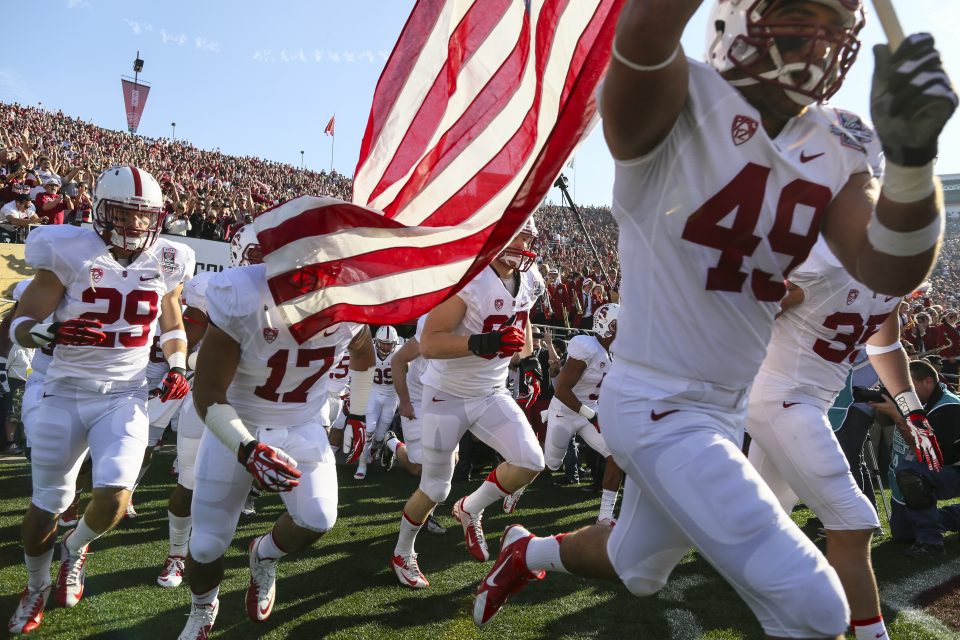Introduction: Entrepreneurial Teams
Theresa Lina Stevens, Lina Group Inc.
video
 Stanford eCorner
Stanford eCorner
Ideas and Inspiration from STVP, the Stanford Engineering Entrepreneurship Center
Collection (9 items)
1 of 9
Theresa Lina Stevens, Lina Group Inc.
video
2 of 9
3 of 9
4 of 9
Donna Novitsky, STVP
video
5 of 9
John Doerr, Kleiner Perkins Caufield & Byers
video
6 of 9
7 of 9
8 of 9
video
9 of 9

With Superbowl XLVIII just around the corner, expect plenty of talk in the days ahead about what makes a great team. And if our Entrepreneurial Thought Leaders (ETL) seminar series is any indication, the topic of team building is at top of mind in the high-tech field as well.
Many of our recent ETL speakers emphasized that, above all else, a business’s success begins with a great team. Cyriac Roeding, co-founder and CEO of the retail-rewards app shopkick, actually identified four distinct characteristics that lead to a great team: each member possessing “individual brilliance,” shared and inflexible values, extreme diversity and a vision that they all believe in.
Roeding, who spoke at Stanford in October 2013, explains why these are the essential ingredients for a great team, and how they fit together.
Of course, discussion around a given topic wouldn’t be very robust without some difference of opinion. In her ETL talk on Nov. 20, 2013, Sharon Vosmek cited research by Thomas Malone — a renowned professor of management at MIT — who found that the I.Q. of individual members of a group had no correlation to the group’s collective intelligence.
“So it didn’t matter how smart the people you put together, it did not then result in a smarter team,” said Vosmek, CEO of Astia, an organization that supports entrepreneurs through a global network of investors, innovators and industry leaders.
Instead, the research that Vosmek praised concluded that the factors that really increase group intelligence on teams were 1) the social perceptiveness of the team members, 2) the evenness of conversation among them and 3) the proportion of women on the team.
In his ETL talk, also last November, Mike Olson mentioned diversity and intelligence as traits that he looks for when hiring new employees at Cloudera — a powerful and integrated “big data” platform that allows customers to store, process and analyze various types and formats of data.
Olson co-founded and serves as chief strategy officer for Cloudera. And as bluntly as he could, he said all that really matters is the quality of the people in the organization. “Everything that we can claim as a success ties to the fact that we have recruited the world’s best team,” he said.
It’s also vital for companies to bring on the best and the brightest right at the start, according to Olson, because it perpetuates excellence. “If you don’t do that early, it’s impossible to change it,” he said. “The reason is, really great people gravitationally attract really great people.”